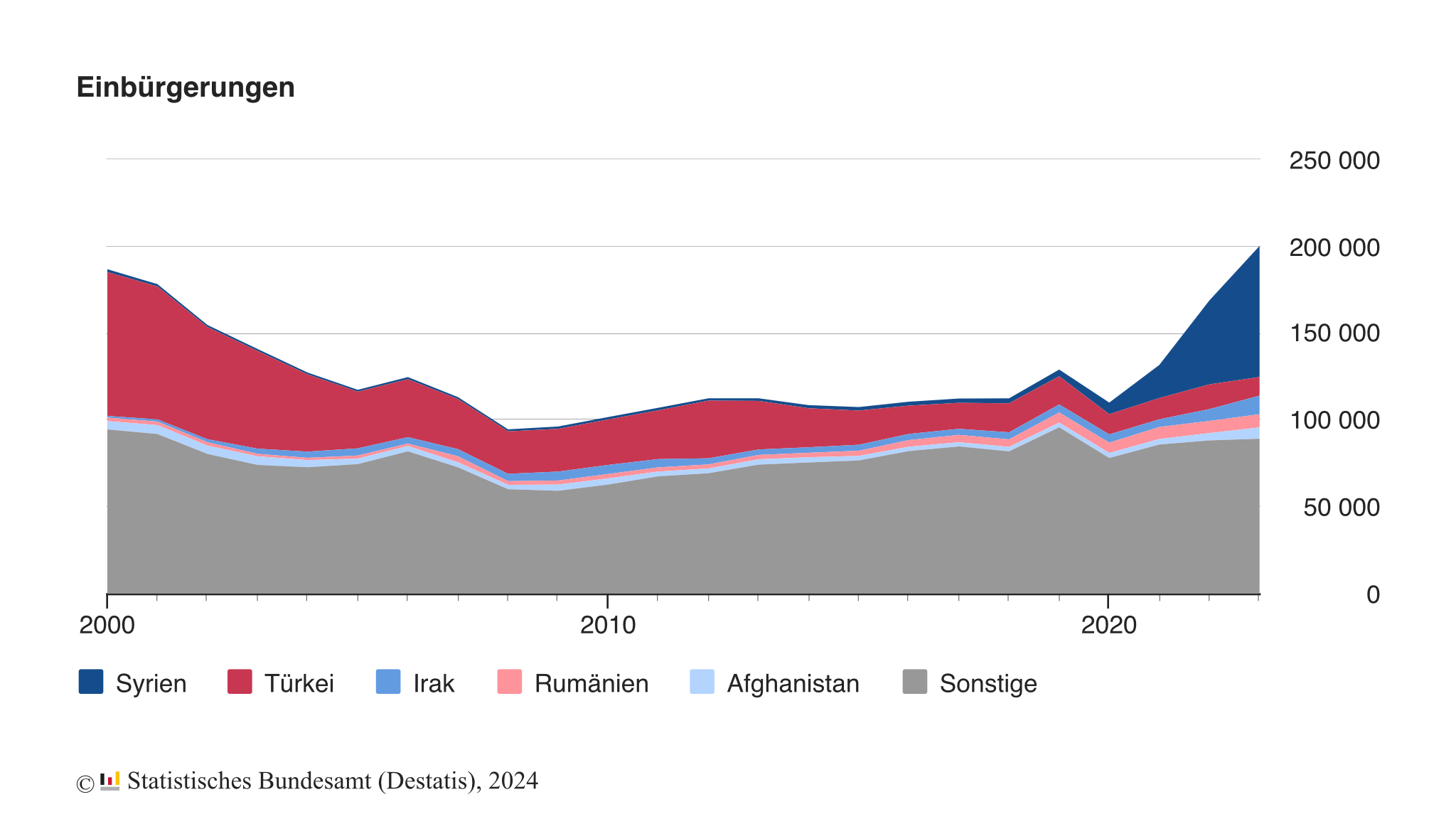
What Is a Coalition Agreement—and Why Should You Care?
Let’s start at the beginning: What exactly is a coalition agreement? Think of it like a promise politicians make—much like the one you make with yourself when you say, “I’ll start jogging every week.” You buy new running shoes, you go jogging once or twice… and then reality kicks in. That’s exactly how a coalition agreement works: it’s full of political intentions, but often only partially implemented.
So, before we dive into what changes are coming, remember this: the coalition agreement is a plan, not yet a law. Nothing has changed in practice—yet.
Who Are the New Decision-Makers for Migration Policy?
You might be wondering, who are the key politicians now responsible for immigration policies? Here’s a quick overview of the new lineup:
- Friedrich Merz (CDU) – Head of the government
- Alexander Dobrindt (CSU) – In charge of immigration law
- Johan Wadephul (CDU) – Responsible for foreign affairs and embassies
- Sonja Eichwede (SPD) – Overseeing judicial matters
How Fast Can You Now Get German Citizenship?
This is one of the most frequently asked questions. So, will the “Turbo Naturalization” after 3 years still exist?
No. The fast-track naturalization after 3 years with a C1 certificate will be abolished, according to the coalition agreement. What remains is:
- Naturalization after 5 years, or
- After 3 years if you’re married to a German citizen.
Politically, this move helps parties like the CDU show they are taking a more cautious approach to citizenship. Many felt the 3-year rule was too lenient—even though those of you who achieved it know it was anything but a “gift.”
Important Tip: If you already have C1 and two years of residence, apply now before the change becomes law. The abolishment still needs time—likely not before 2026.
Will Dual Citizenship Be Abolished?
Here’s a relief for many of you: No, dual citizenship is not being abolished. The 2024 Citizenship Law remains in effect.
If you want a deeper dive, you can check our linked blog post on the German Citizenship Law 2024. It explains everything in detail.
Who Will Be Deported Under the New Government?
This is a hot topic. According to the new agreement, who will face deportation?
Primarily:
- Individuals convicted of serious crimes, such as:
- Murder or physical assault
- Hate crimes against LGBTQ+ individuals or Jewish communities
- Violent resistance against police officers
However, real-life implementation is far more complex. Why?
- Germany lacks personnel and infrastructure to process mass deportations.
- Legal loopholes and rights to appeal slow down the process.
- International agreements with countries of origin are often missing.
So while the agreement sounds strict on paper, mass deportations are unlikely.
What About Illegal Immigrants—Will They Be Deported?
This part might surprise you. While the agreement states that illegal immigrants must be deported, it also introduces a more flexible residence permit.
A new, simplified version of §25a and §25b will offer residence options for those who:
- Entered before 31.12.2024
- Have a B1 German certificate
- Are employed
- Hold a valid passport
- Have no criminal record
This move shows a contradiction in the agreement: it calls for deportation while simultaneously making it easier for long-term undocumented individuals to stay.
Will Detention Before Deportation (Abschiebehaft) Be Introduced?
Yes, detention before deportation is on the table. But let’s stay realistic:
- Germany would need new detention facilities—a massive investment.
- A shortage of staff already affects immigration offices.
- Many undocumented individuals may qualify for new residence permits.
It’s another case of policy vs. reality. The law may change, but its enforcement will be very limited.
What Happens to Family Reunification for Subsidiary Protection Holders?
This question deeply affects many people: Can you still bring your family to Germany if you have subsidiary protection?
Unfortunately, the answer is discouraging. The coalition agreement states:
- Family reunification will remain suspended for this group.
- In practice, it’s already been difficult for the past 4–6 years.
- Only special admission programs have allowed reunification—but even these are now being stopped.
What can you do? Your best chance is to become a German citizen. As a German, you have stronger legal rights under the constitution, making family reunification more feasible.
Final Thoughts: What Does This Mean for You?
Let’s recap the key takeaways:
- The Turbo Citizenship (3 years) is being phased out, but not yet.
- Dual citizenship stays.
- Only serious criminals face deportation, and even then, implementation is unlikely.
- A new legal pathway for undocumented individuals is being introduced.
- Detention and mass deportations are more rhetoric than reality.
- Family reunification for subsidiary protection remains highly restricted.
This is just a coalition agreement—not yet law. But staying informed gives you the power to act at the right time.
Need Help Navigating Your Options?
At ETAINFI, we stay ahead of every legal update so you don’t have to. Whether you’re planning to apply for citizenship, change your residence status, or reunite with your family, our team is here to support you.
Reach out to us today to get personalized guidance on your case and understand how the upcoming changes might affect your future in Germany.


